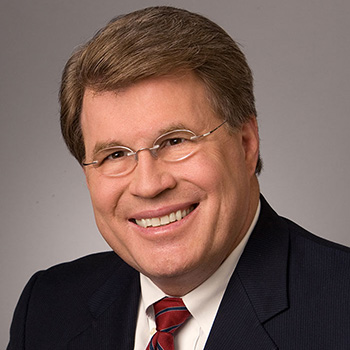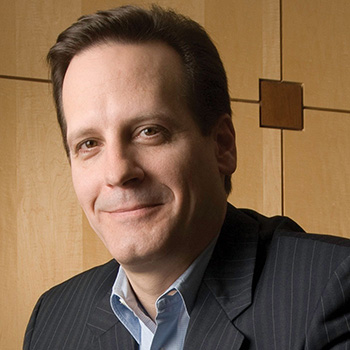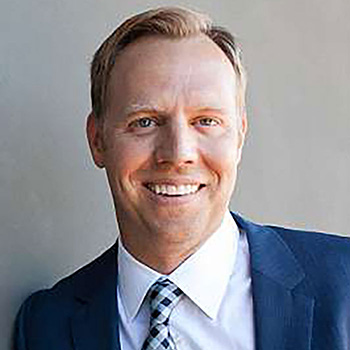
Employee recruiting is tough. Finding the right person to fill that empty spot in your agency can feel like slogging uphill in the mud.
While there are many avenues to filling positions (LinkedIn, GlassDoor, Zip Recruiter, word of mouth, etc.), not all these options bring in the best candidates. HomeCare reached out to industry leaders in HME and home health to ask what they look for when recruiting, and we put together this compilation of advice for you. Have a tip to share? Drop us a line at ecarey@cahabamedia.com or keasterling@cahabamedia.com.

Talk About Scenarios
We’ve found the best way to select great caregivers is to interview them with a focus on understanding a candidate’s past behavior. For example, we may ask a caregiver to describe how they handled working with a difficult client. This approach will help you understand the caregiver’s skill, knowledge about caring for specific clients and their ability to manage challenging cases. — Sherwin Sheik, CEO, CareLinx

Be Aware of Obstacles
Before making a job offer, companies should inquire whether the applicant has any written agreements with former employers that could impact his/her work for the business. An applicant could be bound by a non-compete agreement that prohibits him/her from working in a specific field within a particular territory, following departure from his/her previous employer. That non-compete could be unrelated to the applicant’s work for the hiring company, or it could effectively keep him/her from working in the position for which he/she interviewed. — Jeff Baird, Chairman of Healthcare Group, Brown & Fortunato P.C.

Consider Your Culture
Hire to your company culture, which means asking questions that relate to what your company expects from your caregivers. If you don’t know what your company culture is, then you better work on creating one. Use the TORC method when interviewing: Threat of Reference Check. Meaning, “When I call the reference you listed on the application, what will they tell me are your greatest strengths and areas of improvement?” Ask specific questions such as, “If the shift starts at 7 a.m., what time should you be there?” You’d be surprised how many applicants reply, “Within 15 minutes of starting, 7:15 a.m.” — Dan Pahos, Franchise Owner, Home Instead Senior Care, Birmingham, Alabama

Understand The 4 Cs
When I have hired great team members, I like to keep my 4 Cs in mind.
Competencies. Are you clear on what soft and hard skills you need for a particular role in your business? I look for quantifiable metrics on resumes and dive into these metrics during the interview process.
Culture. I recommend writing down descriptors of the cultural atmosphere of your business, both as it is now and what you would like it to be. Ensure candidates align with the culture of your business. The worst hire you can make is one where the candidate can do the job well but doesn’t align with your organization’s culture.
Contacts. Who does the candidate know in the industry? I’ve found the best candidates come from people you know and trust. Is the candidate in tune with the industry and know what’s happening?
Compensation. “Compensation drives behavior.” State how you want your team members to act and tailor the compensation package to reinforce these behaviors. — Gregg Timmons, CEO, Apacheta Corporation

Never Underestimate Outsiders
Today, you need a workforce that has the right mental makeup, experience and skill set to meet new and evolving challenges. Age and industry experience are irrelevant. I look for talent outside the industry, who bring a track record in tough, competitive industries such as insurance. Product and market information is easy to learn. I am looking to hire people who have a passion for excellence, competition and winning. They need to be lifelong learners who have the capacity to embrace new ideas and technologies. Verify with references their previous track record of performance, and use personality testing to make sure they have the traits they need to be successful in your world. Most likely these high performers have jobs so they must be recruited away. Have an attractive offer to win them over. Using a professional recruiter who specializes in the type of position you are looking to hire is a fantastic option. — Mike Sperduti, President, Emerge Sales

Act Fairly and Decisively
Treat candidates like customers. Treating candidates like supplicants not only alienates them, but gives your company a bad reputation. Make sure that everyone who applies is given a genuinely fair shot at being considered, and that he or she receives follow-up and closure regardless of the outcome. Limit the number of interviewers. Some interviewers are simply gun-shy and will say, “No,” to everyone because they are afraid of making a hiring mistake. Others say, “Yes,” even when it’s not the right fit because they don’t want to be the bad guy. Move quickly when you find the right person. Some people wait until they have seen several candidates before making a decision, even if they find one who fits well. When you have someone that fits well, move quickly, before they get hired by someone else. — Bradley M. Smith, Managing Director and Partner, Vertess
